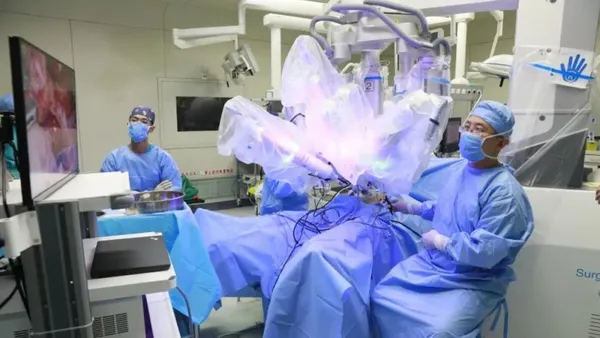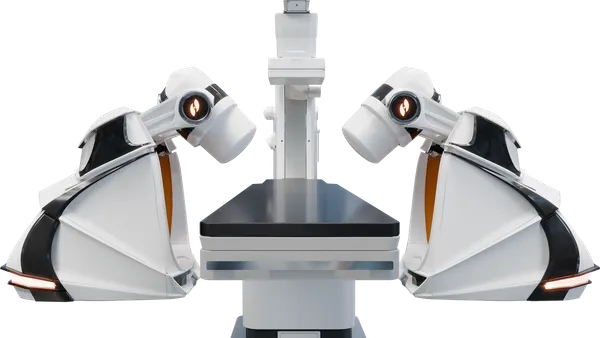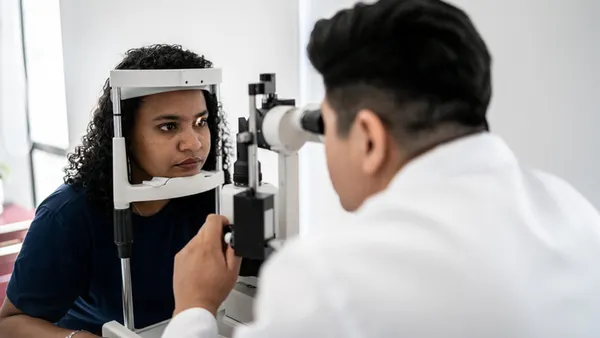Dive Brief:
- Wright Medical, the extremities-focused device maker on track to be absorbed later this year by Stryker, said its first-quarter net sales dropped 5% to $218.5 million, coming in under analysts' expectations.
- Like other medtechs, Wright reported a significant pullback in volume in the second half of March as COVID-19 spread in Western Europe and North America and hospitals postponed elective surgeries. Analysts at Baird characterized the company's performance in the quarter as largely in line with other orthopaedic device makers.
- In a quarterly filing Friday, Wright also said its lender would amend the company's credit agreement, due to an expected decline in net sales, to suspend minimum revenue and EBITDA financial covenants through year-end and add a minimum liquidity covenant through May 15, 2021.
Dive Insight
Stryker revealed its plan to buy Wright for $30.75 a share last November. The COVID-19 pandemic and its anticipated hit to elective procedure demand prompted speculation that Stryker could look to renegotiate the deal, analysts at Baird wrote in a research note Monday, but Wright's move to amend its credit agreement should help to counter those concerns.
Further, cash flow considerations among competing companies in the sector resulting from the pandemic should reduce the likelihood that a competing bid will emerge for Wright, the analysts wrote.
For its part, Stryker CEO Kevin Lobo said in late April on the company's earnings call that integration efforts for the Wright acquisition were proceeding, with the deal expected to close near the end of the third quarter. Wright shareholders approved the sale to Stryker on April 24.
Wright reported a net loss from continuing operations of $11.6 million in the first quarter, compared to a net loss of $30.3 million in the same period a year ago. The decrease in net loss was mainly due to a $15.7 million gain on derivative assets, partly offset by $6.1 million in costs related to the pending Stryker acquisition and lower revenues due to the impact of the COVID-19 pandemic.
In the second half of March, as the virus spread, average sales per day in the U.S. declined more than 50% compared with sales earlier in the first quarter.
First-quarter U.S. sales of lower extremities slumped 8.3%, partly offset by 5.5% growth in upper extremities. Wright's upper extremities business encompasses shoulder, elbow, wrist and hand devices, while lower extremities include foot and ankle systems as well as the Cartiva synthetic cartilage implant that has struggled to gain traction since the company acquired the business in October 2018. Wright did not break out Cartiva sales in its first-quarter filing.












